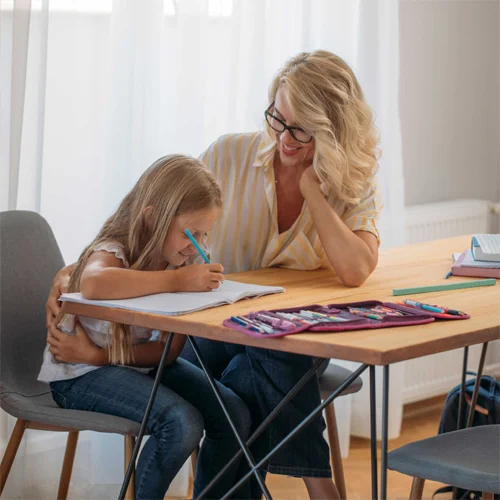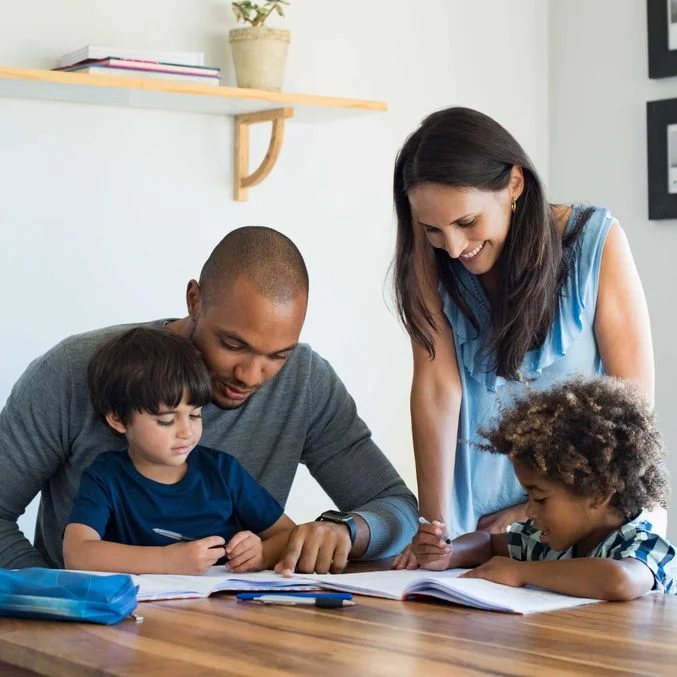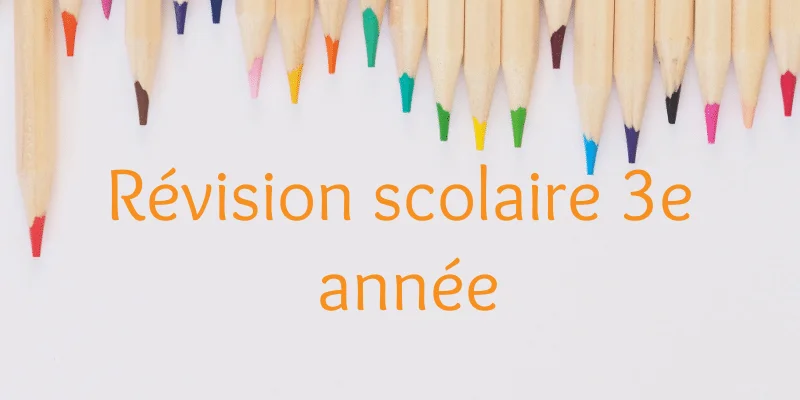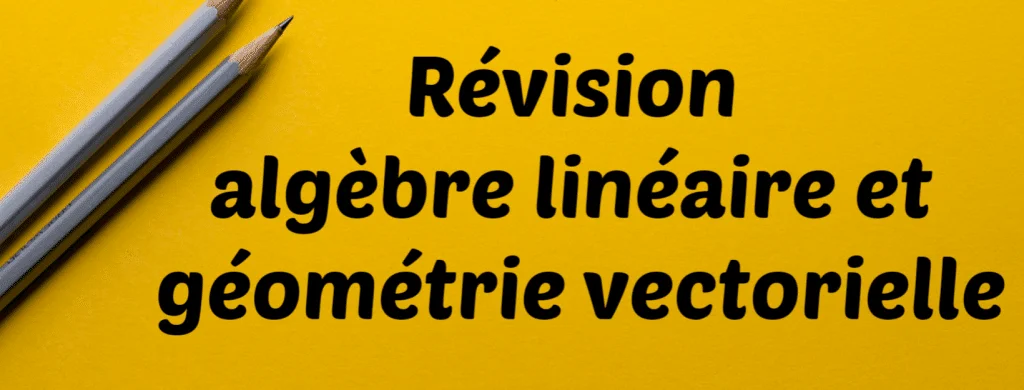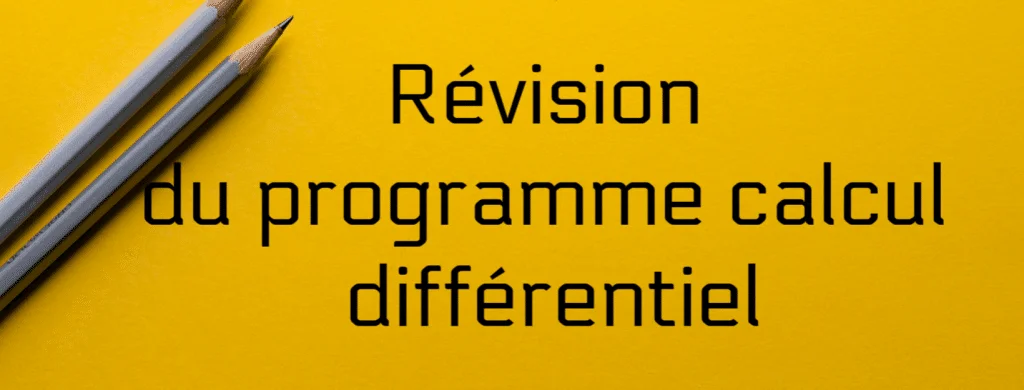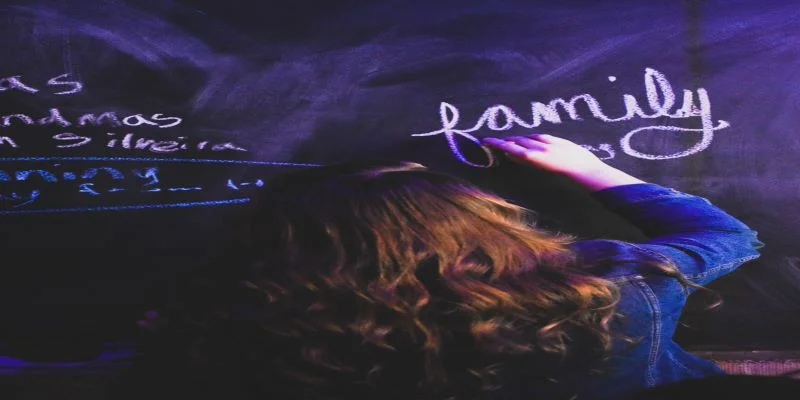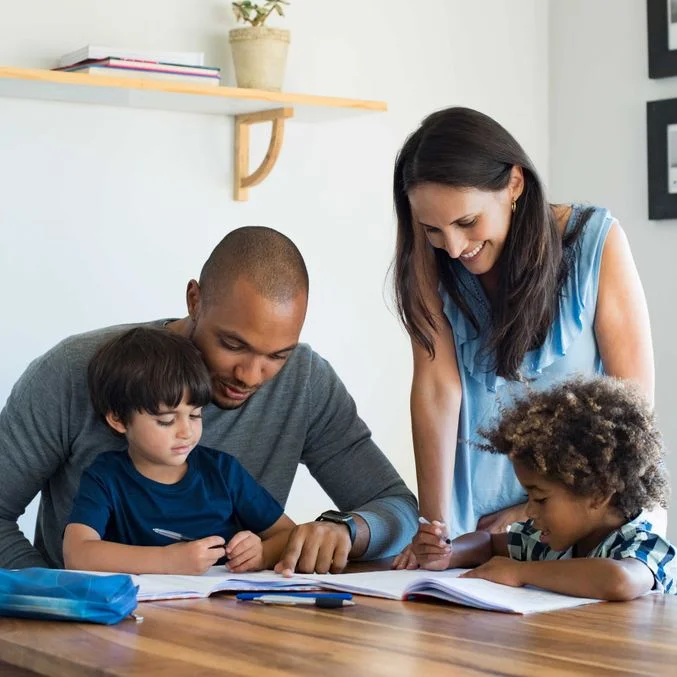Third year of elementary school
A school year involves a lot of notions for students, teachers and parents. As a school counsellor, you’ll want to review your youngster’s 3rd year of elementary school. This is the first year of the second cycle. This page gives you access to the essential knowledge for the third year of elementary school. What’s more, it offers you unique Internet resources to support your learner throughout the school year. In short, this page is a wonderful guide to revising the third year of elementary school in French and math. It all conforms to the Quebec Education Program, available on the Ministry of Education and Higher Education of Quebec[1].
Spelling and word meanings in grade 3
Find a French or French as a second language tutor
Here’s what you need to review with your youngster:
- Using a dictionary correctly: you can have speed contests at home or in class to find words in the dictionary. Kids love challenges and this little exercise.
- Letter position rules, silent letters, capitalization rules and elision rules
- The following homophones need to be seen: à/a, sont/son, on/ont, ces/ses, mes/mais
This video on homophones will help your student.
The pass-education site offers many exercises to practice.
- Word meanings: words with several meanings
- Word relationships (synonyms, lexical fields and word families)
Reviewing syntax and punctuation
Here are the concepts your learner will see in his third year:
- Observe sentence structure
- Syntactic manipulations
The types of manipulation are explained in the following videos:
Positive and negative sentences
Ponctuation
- The comma to separate items in an enumeration
- Dashes in direct speech
Conjugation for ninth graders
New content related to conjugation is added in the third year:
- The present infinitive and its verb endings
- Present infinitive verb endings
- Radical and ending
Verbs: regular verb endings and the verbs to have, to be and to go are studied in the following tenses:
- The verb in the present tense
- Imperfect tense
- Future simple
- Present conditional
- Verbs in the present participle
This site will help you to practice your youth.
Grammar and the agreement system
The following lessons correspond to the word classes of sentence constituents
- The noun: feminine or masculine, understanding that the noun is a giver of agreement and singular or plural (adding an x for the plural of certain nouns).
- The determiner : How to recognize a determiner, agreement of the determiner with the noun.
- The adjective: understanding that the adjective is a recipient of agreement, knowing the agreement of the adjective and the agreement of the adjective when it follows an attributive verb
- Verbs: distinguish between conjugated and infinitive verbs, be able to locate a conjugated verb in a sentence.
- Pronouns: recognize conjugating pronouns and invariable words
- Noun phrases: identify recipient words, make agreements, recognize their construction and the noun complement function
Revision in fundamental areas of mathematics
It’s worth noting that these mathematical apprenticeships last until the end of the second cycle. So it’s quite normal that some notions are not yet fully acquired.
Find a math tutor
Arithmetic
Here’s what you need to learn about number sense and writing:
- Natural numbers: count natural numbers in ascending order [smallest to largest] or descending order [largest to smallest], place natural numbers in order
- Rules for agreeing and writing numbers
- Decomposing numbers
- Rounding and approximating numbers
Fractions
- Fractions: associate them with parts of a whole or with objects
- Equivalent fractions and reduction methods
- Ordering fractions
Listen: equivalent fractions
Decimal numbers
- Placing decimal numbers in order
Transform a decimal number into a fractional number and vice versa
Operations on numbers
- Addition: addition tables, addition of whole numbers and decimals
- Subtraction: subtraction tables, subtraction of whole numbers and decimals
Multiplication
Tips for learning tables : https://sosprof.ca/defi-fameuses-tables-a-apprendre/
- Multiplying whole numbers
Division
- Division tables and integer division
It’s always a good idea to practice mental arithmetic with your youngster!
Geometry for 3rd graders
Here are the geometric concepts to be covered:
- The Cartesian plane
- Solid: edge, vertex and face)
- Prisms and pyramids: development and construction
- Plane figures
- Names of polygons (convex and non-convex), quadrilaterals and triangles
- Parallel and perpendicular lines
- Angles (null, right, acute, obtuse and flat)
- Reflection
Measurement in grade 3
- Units of length and their conversion
- Perimeter
Graduate statistics and probability
- Diagrams with horizontal or vertical stripes and broken lines
- Pictograms
- Event types
Useful links :
https://sosprof.ca/trucs-et-astuces-pour-faciliter-la-periode-des-devoirs-et-la-routine-quotidienne/
Essential skills for elementary school :
- Kindergarten school review
- School revison for grade 1
- School revison for grade 2
- School revison for grade 4
- School revison for grade 5
- School revison for grade 6
- Essential knowledge in English as a second language at elementary level
- Teach it Forward
- Become an elementary school tutor
- Find a math tutor
- Find a tutor in French or French as a second language
- Find an English tutor
- Ministry of Education spelling list
[1] Ministère de l’Éducation et de l’Enseignement supérieur (MEES). Quebec Education Program.http://www.education.gouv.qc.ca/fileadmin/site_web/documents/education/jeunes/pfeq/PFEQ_programme-prescolaire.pdf


